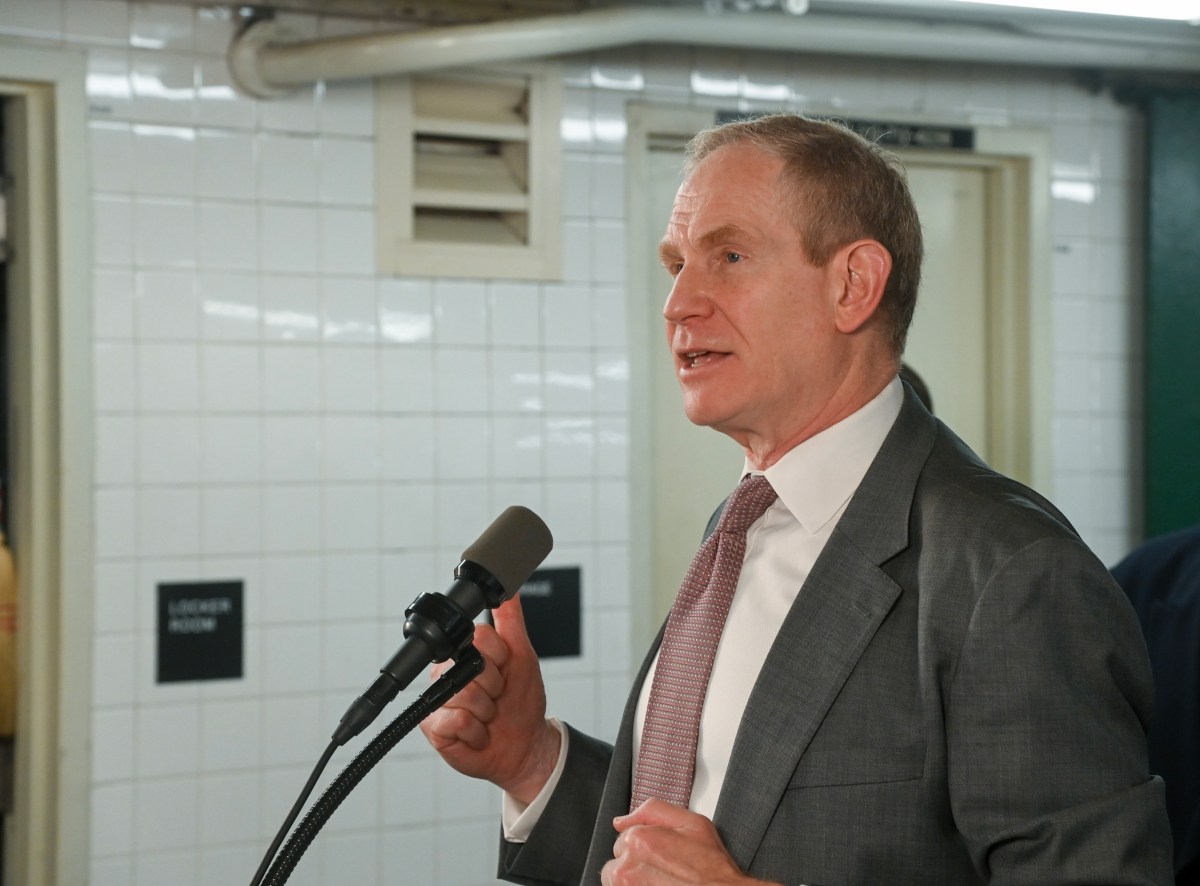Nearly half of the Bronx’s 12 community boards — CBs 4, 5, 6, 9 and 12 — are in support of a push by the 5 Borough Movement urging the state to lift a decades-old cap that would allow the city to expand office-to-residential housing conversions.
The most recent board to join the cause, Bronx CB12, which covers the Northwest portion of the borough, said that while they will not be impacted by any possible conversions, they support measures to increase job and housing opportunities.
The plan would require the state to lift the floor area ratio (FAR) cap currently limiting the density of construction in New York City, however.
City officials estimate new homes for as many as 40,000 New Yorkers in the next 10 years by moving the eligibility date to 1990, as current regulations and laws limit the adaptive reuse of most office buildings built in the 1960s, ’70s and ’80s.
Across the U.S., overall apartment conversions — including those of vacant warehouses, hotels and health care buildings — jumped 25% during 2020-2021, to about 28,000 units, compared to the prior two-year period before the pandemic, according to RentCafe, a nationwide apartment listing service.
While a bulk of the office-to-residential housing plans would be reserved for Manhattan, 5 Borough Housing Movement officials told the Bronx Times that the conversion could be implemented in The Hub in the South Bronx. John Sanchez, executive director of the 5 Borough Housing Movement, says changes are needed at the state level to help streamline the commercial-to-residential turnover.
“The Bronx has clearly spoken: the FAR cap needs to lift, so we can finally develop new affordable housing,” said Sanchez. “These are the communities who have seen the worst of the housing and affordability crisis. We hope lawmakers will hear their call and finally end this relic of a policy that only makes it harder to live in New York City.”
While the push has been a part of the housing plans of both Gov. Kathy Hochul and Mayor Eric Adams, members of the City Council’s Land Use Committee questioned Adams administration officials on their office conversion plan. At a Feb. 28 land use hearing last month, Bronx councilmembers Rafael Salamanca Jr. — the committee’s chair — and Pierina Sánchez raised major questions about the Adams’ proposed tax incentives for third-party builders, and its measure of affordability for low-income residents.
Developers converting offices into apartments with at least 20% affordable units would qualify for a property tax break for 19 years under Hochul’s budget proposal.
“Many of these property owners that have these commercial spaces have never built residential … many of them are saying they may hire a third party to convert these units,” said Salamanca. “Why not bring in not-for-profits that are already building affordable housing in the city, so that they too have an ability to build and be a part of this investment that the city will be offering a tax credit, if it moves forward.”
Sanchez represents Council District 14, constituencies like Fordham, University Heights and Mount Eden, where the median income for an individual is around $28,000 a year. Sanchez needs to “see our lowest-income communities” represented in proposals vowing housing affordability.
Fewer than 1% of apartments priced below $1,500 a month were vacant and available for rent at the time of the city’s most recent Housing and Vacancy Survey (HVS) that was published in May 2022.
One of the roadblocks in the office-to-residential push could be the nation’s current banking crisis, which some pols like U.S. Rep. Ritchie Torres said could lead to a housing crisis.
A March 30 panel held by the nonprofit Volcker Alliance and the University of Pennsylvania suggested that lenders could be more prudent in issuing loans for residential conversions amid more scrutiny from regulators.
Reach Robbie Sequeira at rsequeira@schnepsmedia.com or (718) 260-4599. For more coverage, follow us on Twitter, Facebook and Instagram @bronxtimes.























